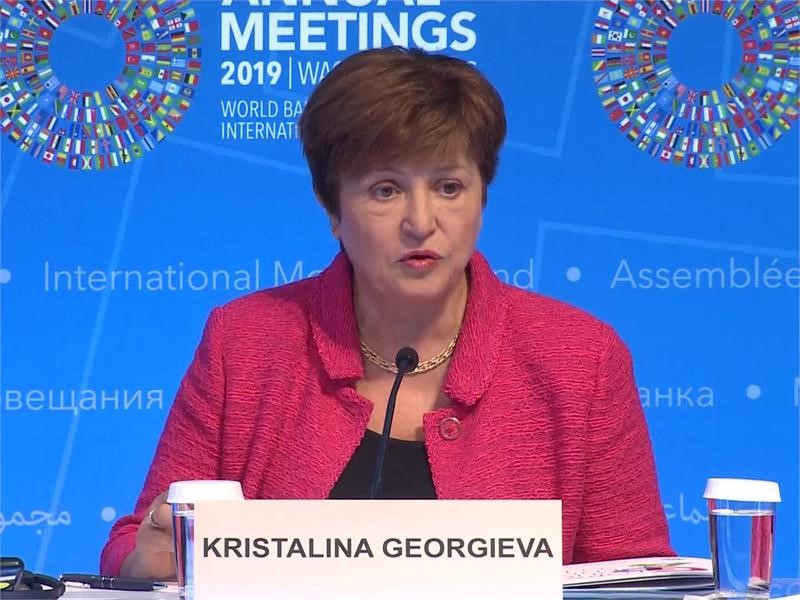

The International Monetary Fund (IMF) has counselled Nigeria not to delay the removal of subsidies on fuel and electricity.
The Fund suggested that removal of fuel subsidy and cost-reflective electricity tariffs must be implemented in early 2022.
It noted that the Nigerian economy is recovering from a historic downturn benefiting from government policy support, rising oil prices and international financial assistance.
In its Staff Concluding Statements issued on Friday and made available to The Star, IMF stated that major reforms in fiscal, exchange rate, trade and governance are needed to alter the long-running lacklustre growth path.
The IMF stated that on the immediate front, fiscal and external imbalances require removal of regressive fuel and electricity subsidies.
The Fund, however, advocated for a well-targeted social assistance to cushion any negative impacts on the poor.
It said: “The complete removal of regressive fuel and electricity subsidies is a near-term priority, combined with adequate compensatory measures for the poor. The mission stressed the need to fully remove fuel subsidies and move to a market-based pricing mechanism in early 2022 as stipulated in the 2021 Petroleum Industry Act.
“In addition, the implementation of cost-reflective electricity tariffs as of January 2022 should not be delayed. Well-targeted social assistance will be needed to cushion any negative impacts on the poor particularly in light of still elevated inflation.
“Nigeria’s past experiences with fuel subsidy removal, which have all been short-lived and reversed, underscore the importance of building a consensus and improving public trust regarding the protection of the poor and efficient and transparent use of the saved resources.”
IMF in its Concluding Statement stated that significant additional domestic revenue mobilization is critical to put the public debt and debt-servicing capacity on a sustainable path.
“The near-term priorities are to implement e-customs reforms including efficient procedures and controls, developing a VAT Compliance Improvement Programme, improving compliance across large, medium, and micro/small taxpayers and rationalizing tax incentives and customs duty waivers.
“As the recovery gains strength and compliance improves, Nigeria will have to adopt tax rates comparable to its peers in the Economic Community of West African States (ECOWAS) to raise revenues to levels targeted in the 2021-25 National Development Plan.
“The cumulative net savings from the recommended measures, after making room for additional social assistance to cushion impacts of reforms, could amount to 5.1 percent of GDP over 2022-26. Such a consolidation would keep public debt below 40 percent of GDP and reduce dependence on central bank financing of the deficit.”
The Executive Assistant to Delta State Governor Sheriff Oborevwori on Public Enlightenment (Projects and Policies),…
The Delta State Government has assured that the approved N1 billion loan for Micro, Small…
Osun State Governor Ademola Adeleke has vowed to remove from office any traditional ruler who…
Myanmar's military leadership, on Monday, March 31, 2025, declared a week of national mourning following…
Fidelity Bank Plc has reported a pre-tax profit of N385.2 billion for 2024, representing a…
President Bola Ahmed Tinubu has approved an extension of Mrs. Kemi Nanna Nandap's tenure as…
This website uses cookies.